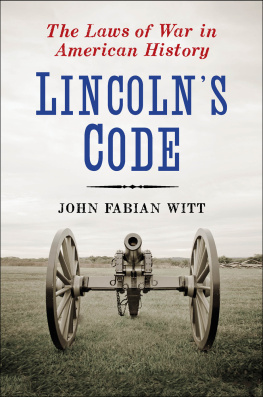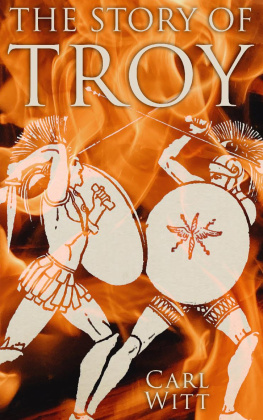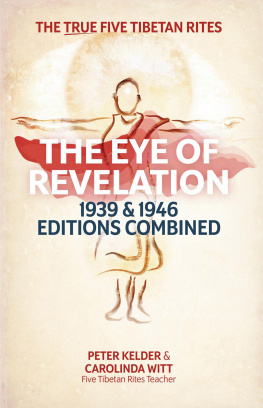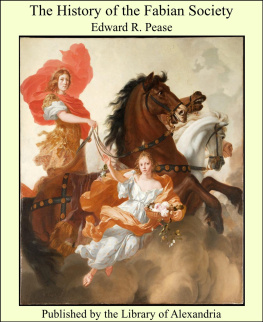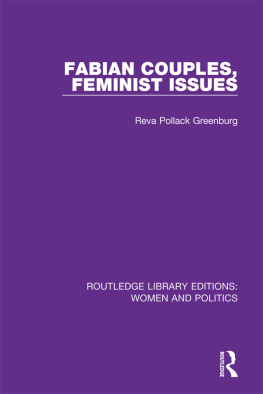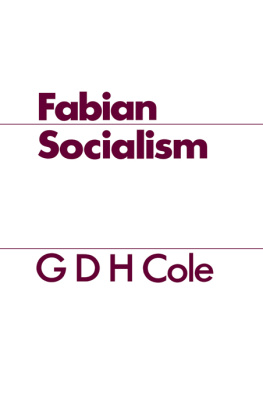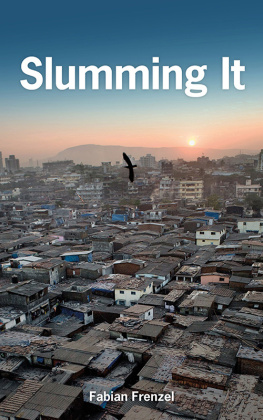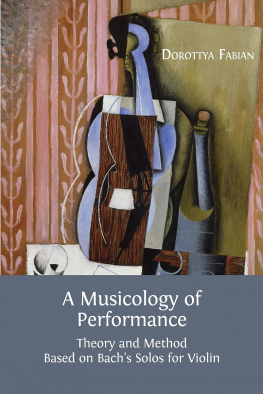John Fabian Witt - American Contagions
Here you can read online John Fabian Witt - American Contagions full text of the book (entire story) in english for free. Download pdf and epub, get meaning, cover and reviews about this ebook. year: 2020, publisher: Yale University Press, genre: Politics. Description of the work, (preface) as well as reviews are available. Best literature library LitArk.com created for fans of good reading and offers a wide selection of genres:
Romance novel
Science fiction
Adventure
Detective
Science
History
Home and family
Prose
Art
Politics
Computer
Non-fiction
Religion
Business
Children
Humor
Choose a favorite category and find really read worthwhile books. Enjoy immersion in the world of imagination, feel the emotions of the characters or learn something new for yourself, make an fascinating discovery.

- Book:American Contagions
- Author:
- Publisher:Yale University Press
- Genre:
- Year:2020
- Rating:4 / 5
- Favourites:Add to favourites
- Your mark:
- 80
- 1
- 2
- 3
- 4
- 5
American Contagions: summary, description and annotation
We offer to read an annotation, description, summary or preface (depends on what the author of the book "American Contagions" wrote himself). If you haven't found the necessary information about the book — write in the comments, we will try to find it.
American Contagions — read online for free the complete book (whole text) full work
Below is the text of the book, divided by pages. System saving the place of the last page read, allows you to conveniently read the book "American Contagions" online for free, without having to search again every time where you left off. Put a bookmark, and you can go to the page where you finished reading at any time.
Font size:
Interval:
Bookmark:
AMERICAN CONTAGIONS
Epidemics and the Law from Smallpox to COVID-19
John Fabian Witt

Published with assistance from the income of the Frederick John Kingsbury Memorial Fund.
Copyright 2020 by John Fabian Witt.
All rights reserved.
This book may not be reproduced, in whole or in part, including illustrations, in any form (beyond that copying permitted by Sections 107 and 108 of the U.S. Copyright Law and except by reviewers for the public press), without written permission from the publishers.
Yale University Press books may be purchased in quantity for educational, business, or promotional use. For information, please e-mail (U.K. office).
Designed by Dustin Kilgore.
Set in Yale type by Karen Stickler.
Library of Congress Control Number: 2020940896
ISBN 978-0-300-25727-4 (hardcover : alk. paper)
A catalogue record for this book is available from the British Library.
This paper meets the requirements of ANSI/NISO Z39.48-1992 (Permanence of Paper).
For Gus and Teddy, my heroic contagion-era companions
AMERICAN CONTAGIONS
Salus populi suprema lex esto. (The health of the people is the supreme law.)
Cicero, De legibus
Not long ago, and for most of American history, infection was an everyday crisis. Infectious diseases like smallpox, bubonic plague, yellow fever, polio, cholera, typhoid fever, malaria, and influenza helped produce many of the defining features of the modern world: street cleaning, the shape of city neighborhoods, the clean water piped to our kitchens, and the pediatrician visits that mark the lives of our young children. Even how people behave in the bedroom in their most intimate moments reflects the risk of infectious disease.
Less tangibly, perhaps, but just as profoundly, laws and government have shaped and been shaped by recurrent crises of infectious disease. Epidemics have offered vast powers to state officials. They have produced new ideas about individual rights and basic civil liberties. They have raised questions about equality, since infections have not targeted Americans equally. And they have demanded that we create institutions capable of protecting important values while aggressively fighting the risks of infection and disease.
This book is a citizens guide to the ways in which American law has shaped and responded to the experience of contagion. In the months after COVID-19 arrived in the United States in January 2020, Americans began immediately replaying patterns from the past. Even new responses were powerfully conditioned by history. And how could it have been otherwise? As Karl Marx once wrote, people make their own history, but they do not make it just as they please.about basic values. People who know their history make better choices.
* * *
In the United States, the law of epidemics stems from the legal authority of the police power. But what is the police power? It is not the same as the police, though police departments derive their power from it. The police power is more fundamental than the law enforcement departments that share its name. It is, as one early twentieth-century authority put it, the power of the state to secure and promote the public welfare... by restraint and compulsion. The police power, in short, is the foundational authority of governments to look after the well-being of the people within their jurisdiction.
A distinguishing and often misunderstood feature of the constitutional system is that, as Justice Louis Brandeis observed in 1919, the federal government lacks the But the framers did not specifically enumerate a federal police power, at least not as such, and the Tenth Amendment to the Constitution, ratified in 1791, seems to affirm the basic point: The powers not delegated to the United States by the Constitution, it reads, nor prohibited by it to the states, are reserved to the states respectively, or to the people. The basic police power to look after the health of the people is one of the powers so reserved.
In the absence of a federal police power, and without federal political will to act through the commerce or spending powers, legal measures in the United States to stop the spread of contagion have mostly been the product of state law. State and local governments have typically been the source for quarantines, vaccination mandates, condemnations of contagious property, and basic safety measures of countless varieties.
States, however, do not act unconstrained. For one thing, the general state police power is itself hedged in by enumerated federal powers. In the first half of the nineteenth century, courts worked out boundaries between state police powers, on the one hand, and federal power over interstate and international commerce, on the other. Moreover, the civil liberties of individuals limit what state governments can do. The federal Constitution, especially the Bill of Rights and the Fourteenth Amendment, guarantees rights such as freedom from unreasonable arrest as well as freedom of speech, religious liberty, and private property, all of which have been pitted against public health and the police power at times in American history.
* * *
The ways in which infectious disease and the law have interacted with one another constitute a principal subject of this book. For decades, historians of science and medicine have debated a related but more general question: how does infectious disease interact with human societies?
One view of the role of infectious disease in history contends that disease drives change. Across the Americas, pandemic disease radically reordered authority and community. Medieval England, too, was remade when the bubonic plague killed half the population in the middle of the fourteenth century. Parliament established a new regime for conscripting labor, enforced by a new phalanx of royal officials. In such circumstances, epidemics make the state.
A contrary school of thought argues that politics makes epidemics. Existing legal and social institutions
The truth lies in between. New germs help make new laws and institutions, yet old ways of doing things shape the course of epidemics and the ways in which we respond to them. Epidemics proceed as a set of feedback loops between germs and society. And as a result, history not only tells us where weve been, it also shapes the present moment and helps determine where we are headed. To paraphrase William Faulkner, legal responses to past viruses never die; theyre not even past.
* * *
Those who take this middle path in thinking about epidemics and society observe that nation-states in the modern world have tended to respond to infectious disease crises in one or both of two ways.
On the one hand, there are quarantinist states. Authoritarian states exercise forceful controls over the bodies and lives of their subjects, locking down communities, neighborhoods, and cities and imposing broad quarantine orders, often backed by the military. When cholera arrived in eastern Europe in the 1820s, for example, states like Prussia and Austria enforced broad bans on movement in and out of towns.
On the other hand, there are sanitationist states. A sanitationist state employs liberal policies designed to eliminate environments that breed disease. In London, for example, choleras arrival in the mid-nineteenth century produced new water systems and new efforts to clean the streets. Sanitationist approaches emphasize improvement of social conditions, education, social trust, and voluntary participation in public efforts to overcome disease.
Next pageFont size:
Interval:
Bookmark:
Similar books «American Contagions»
Look at similar books to American Contagions. We have selected literature similar in name and meaning in the hope of providing readers with more options to find new, interesting, not yet read works.
Discussion, reviews of the book American Contagions and just readers' own opinions. Leave your comments, write what you think about the work, its meaning or the main characters. Specify what exactly you liked and what you didn't like, and why you think so.

